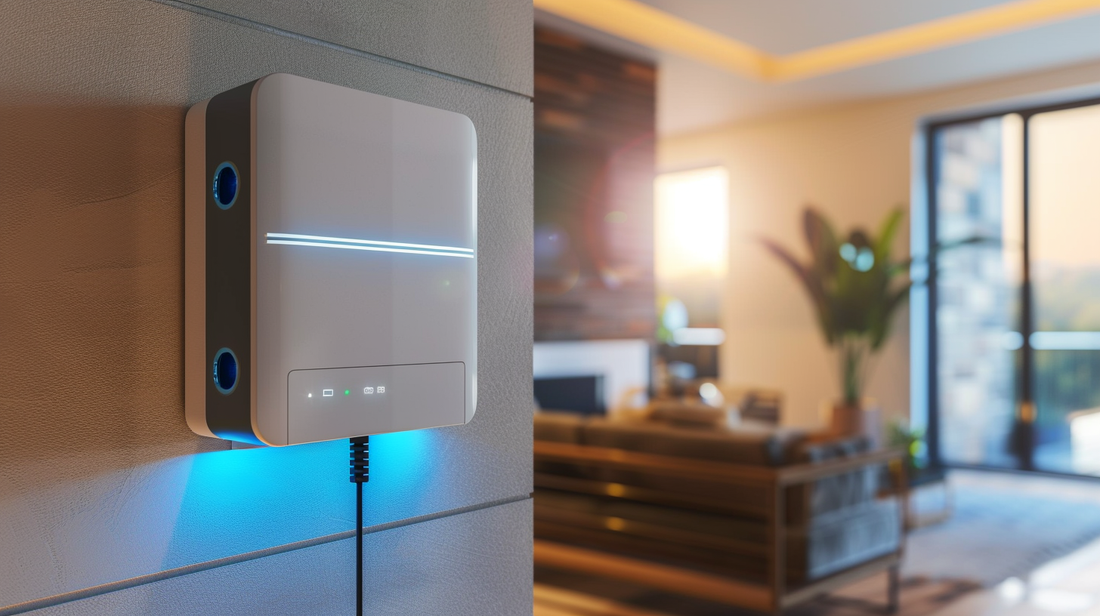
Hybrid Inverters – The Key to a Flexible Solar Power System
Share
Introduction
Traditional solar inverters simply convert DC electricity from panels into AC for household use. But today’s energy needs demand more flexibility. Hybrid inverters are designed to integrate solar panels, battery storage, and the grid into one efficient system.
How Hybrid Inverters Work
A hybrid inverter takes DC electricity from solar panels and distributes it in three possible ways. It can convert the electricity into AC power for immediate use in the home, store it in a battery for later use, or export excess electricity back to the grid. This dynamic control allows households to make smarter decisions about when and how to use solar energy.
Benefits of Hybrid Inverters
The main advantage of a hybrid inverter is flexibility. It enables households to seamlessly manage solar, batteries, and the grid in one device. Hybrid systems also improve energy independence, since stored energy can be used during peak demand times. By maximising solar self-consumption, electricity bills can be reduced significantly. Many modern models are also designed with future-proof features, such as compatibility with smart tariffs and remote monitoring.
Grid-Tied vs. Off-Grid
In grid-tied systems, a hybrid inverter makes it possible to sell surplus energy back to the grid while still keeping a backup in the batteries. In off-grid systems, it acts as the central control hub, ensuring stable power even in locations with no grid connection at all.
Choosing the Right Hybrid Inverter
When selecting a hybrid inverter, it is important to consider battery compatibility, especially with LiFePO₄ systems. Other factors include the power rating and capacity, the warranty and manufacturer support, as well as smart features such as load management and remote monitoring.
Conclusion
Hybrid inverters are more than just converters – they are the brains of a modern solar power system. For households seeking flexibility, resilience, and maximum return on investment, a hybrid inverter is often the smartest choice.
